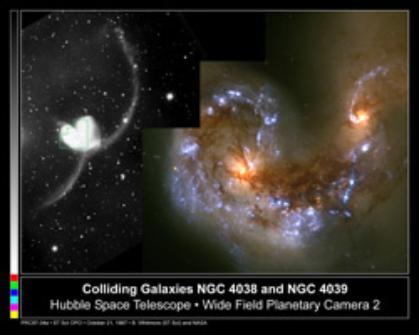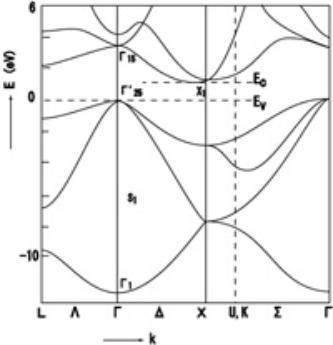In This Section
- Home
- Semester and Timetable Information
- Study Physics
- Our Research
- Our People
- Careers and Alumni
- Seminars, News and Events
- Outreach and School Resources
- About the School
- What is Physics
- The Crawford Observatory
- Frequently Asked Questions
- UCC Futures Quantum & Photonics
- Supports/EDI
Overview

Physics occupies a central position in science and technology. It is concerned with fundamental questions such as ‘what are the basic building blocks of matter?’ and ‘how did the universe evolve?’ and at the same time, is the basis of much present and future technology, tackling problems as pressing and diverse as the development of new energy sources, safer medical diagnostics, high-temperature superconductors and ever smaller and faster devices for electronics and telecommunications. Physics sets out to understand the processes, forces and structures of nature.
One of its major characteristics is its ability to describe apparently disconnected and complex phenomena in terms of an underlying simplicity of mathematically expressed principles and structures. It should be no surprise that such a subject has powerful applications or that those with expertise in the subject should be sought after.
Physics as a Discipline

Physics is a dynamic and exciting subject, which combines intellectual fascination with practical relevance to a wide range of human endeavour, from Philosophy and Theology to Medicine and the Biological Sciences to Engineering and the Earth Sciences. The attributes needed by a good physicist include spatial and conceptual vision, mathematical fluency, curiosity and imagination.
Physics as a Science
Physics is a key part of science and technology; physics is used to solve problems and understand how the world works in every detail at the deepest level. An understanding of physics helps to solve environmental, social, health and technological challenges. Physics is at the heart of everything, from the tiniest building blocks of all materials up to the largest scales possible: in elementary particles, nuclei, atoms, molecules, macromolecules, living cells, solids, liquids, gases, plasmas, living organisms, the brain, complex systems, supercomputers, the atmosphere, planets, stars, galaxies and the universe itself. For careers in engineering and technology physics is essential.
More on Studying Physics
To find out more about studying physics at University College Cork, see Undergraduate courses, with details on all Physics related courses offered at UCC.
School of Physics
Scoil na Fisice
Contact us
Room 213 (Physics Office), 2nd floor, Kane Science Building, University College Cork, Ireland.,
